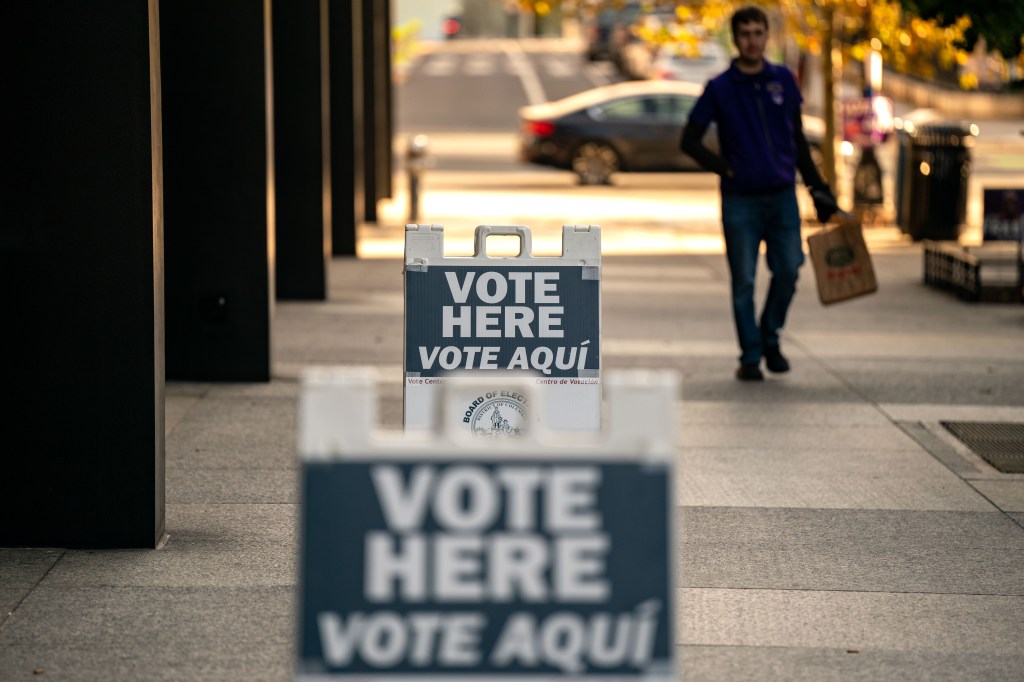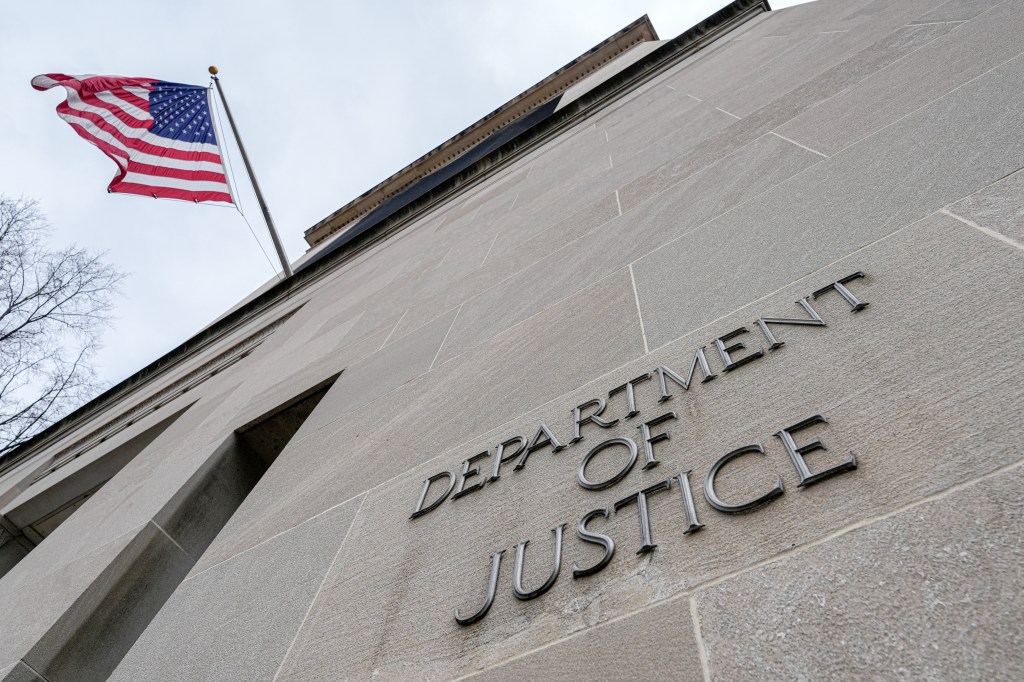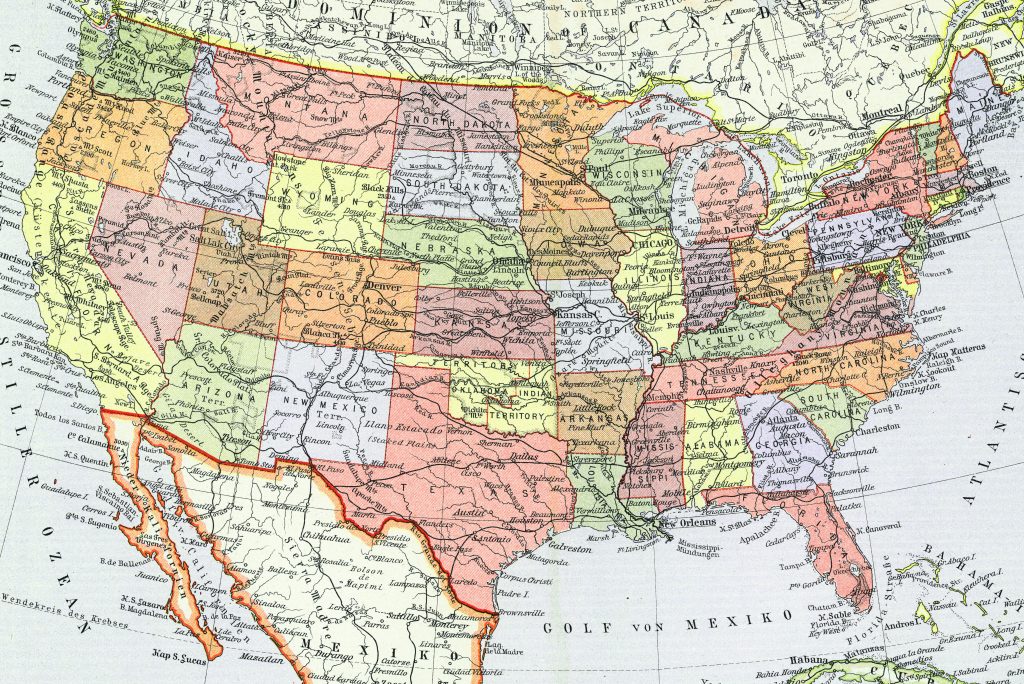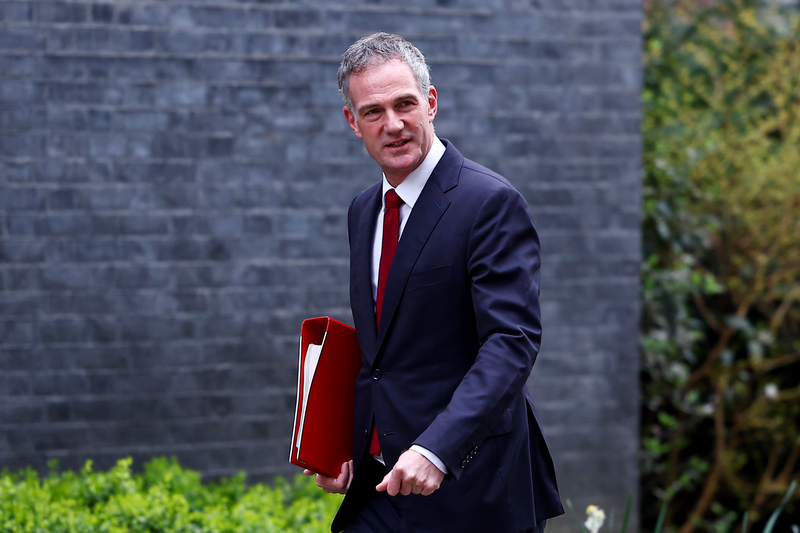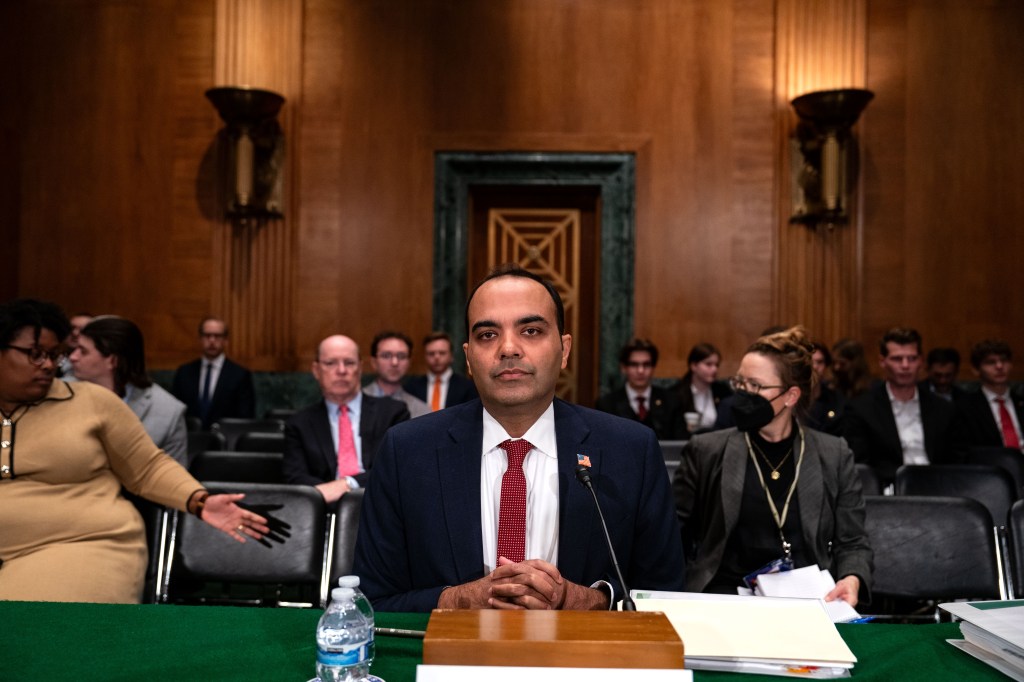President Donald Trump has fired Rohit Chopra, the director of the Consumer Finance Protection Bureau (CFPB), whose term was set to expire in October 2026.
Chopra’s temporary replacement will be Treasury Secretary Scott Bessent, who will lead the CFPB until a permanent director is appointed.
The CFPB was created in the aftermath of the 2008 financial crisis to protect consumers against exploitative banking practices. Appointed director by Joe Biden in 2021, Chopra spearheaded popular enforcement actions that sought to limit overdraft fees and penalize banks for failing to refund fraudulent transactions.
During his tenure, the CFPB has expanded its activity against banks and other financial services providers, rendering more than $19 billion in customer relief. Those actions garnered criticism from conservatives who argued that the CFPB was abusing its mandate, especially as it waded into regulating nonbanks.
“We have returned billions of dollars from repeat offenders and other bad actors.”
Rohit Chopra on X
In a farewell address posted on X, Chopra wrote: “Since 2021, we have returned billions of dollars from repeat offenders and other bad actors, implemented dormant legal authorities and long overdue rules required by law, and given more freedom and bargaining leverage to families navigating a complex and confusing financial system.”
Chopra’s departure was widely considered a foregone conclusion after President Trump’s election, although his survival into the first few weeks of Trump’s second term raised some eyebrows. A New York Times article published four days before his ousting noted that Chopra began to address conservative causes in his final days, such as debanking and credit card interest rates.
Bessent, a billionaire investor and former hedge fund manager, has expressed laissez-faire stances on economic policy. In his role as Treasury Secretary, he has taken on the responsibility of negotiating lowering taxes, cutting deficits, and expanding domestic production.
Bessent’s appointment to the CFPB was met with praise from the American Bankers Association, which stated that the bureau had “exceeded its statutory authority, harmed our economy and imposed significant costs on American consumers.”
A weakened CFPB
In the months leading up to President Trump’s inauguration, the CFPB embarked on a series of 11th hour rulemaking and enforcement actions, including moves to ban the listing of medical debt on credit reports and place a $5 cap on overdraft fees.
Those last-minute efforts included suing Wells Fargo, Bank of America and JPMorgan Chase in December, accusing them of allowing fraud to grow on Zelle. It then sued Capital One in in January, accusing it of essentially freezing interest rates on one of its high yield accounts.
Those efforts ground to a halt as Bessent directed the CFPB to suspend rulemaking and pause litigation.
And under Bessent’s direction, the CFPB filed emergency notices with the 5th Circuit Court of Appeals, instructing its lawyers to cease defending Biden-era rules in court while the agency’s new leadership reviews them. That includes an update to the CFPB’s examination manual that would have banned discrimination as an “unfair act or practice.”
“I look forward to working with the CFPB to advance President Trump’s agenda to lower costs for the American people and accelerate economic growth,” Bessent said in a statement.
Elon Musk, chairman of the Department of Government Efficiency, has called for the CFPB’s complete elimination in an X post. Last week, Senator Ted Cruz (R-Texas) promised to move forward with a proposal to slash the CFPB’s funding, citing tax waste. That could lead to either a significant reduction in the bureau’s power, or its complete dissolution.
Other agencies such as the US Agency for International Development and Department of Education are slated for similar fates as the Trump administration forges ahead with its unprecedented plan to slash federal spending.

